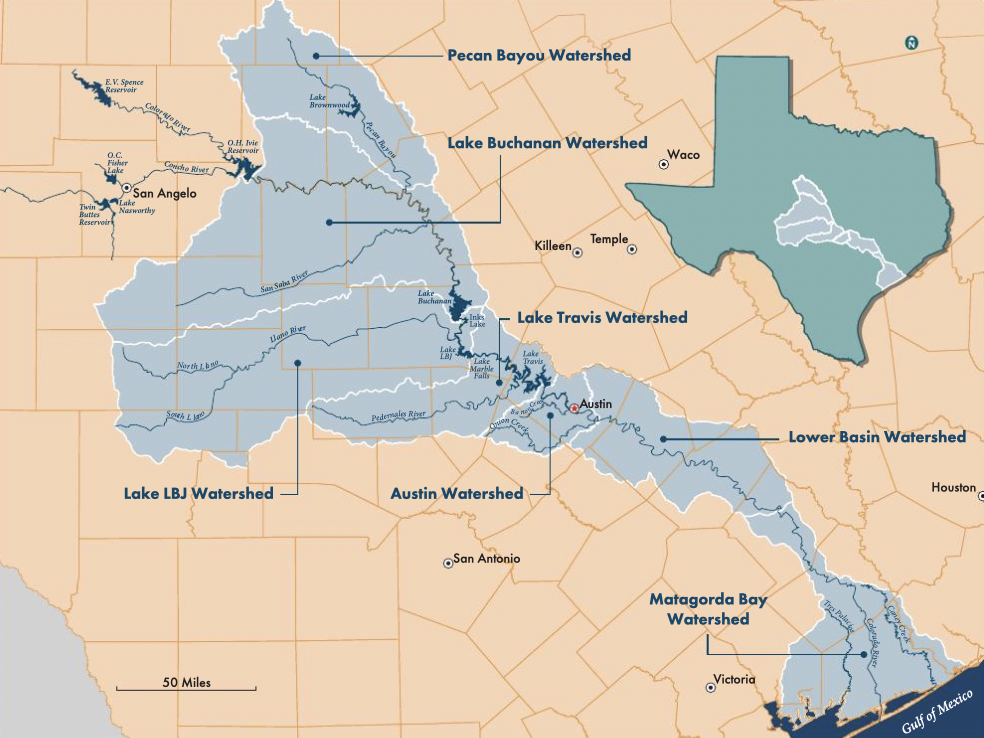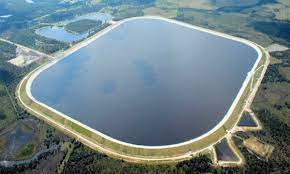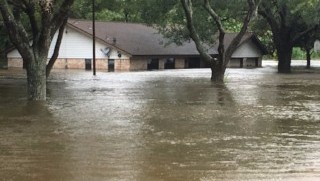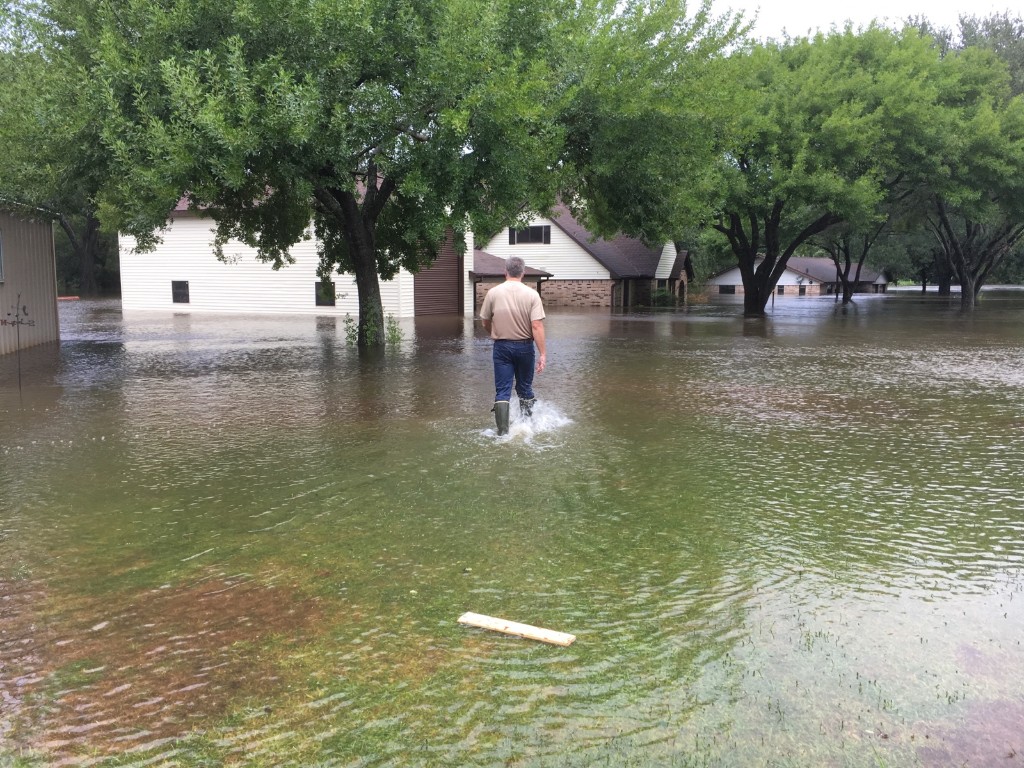ISSUES AND SOLUTIONS
The Lower Colorado River Basin Coalition believes that residents throughout the entire basin must unite to achieve a fair and balanced approach to management of the river for all parties and under all conditions, including both drought and flood. To achieve that balance, sacrifice must be shared by all from the Highland Lakes to Matagorda Bay.
Here are some of the critical issues posing challenges for management of the Colorado River and our position on them.
River Management
LCRA has begun updating its 2020 Water Management Plan and our Coalition needs to be part of the process.
The second Water Management Plan participant meeting will be:
Wednesday, April 23
10 a.m. - noon
LCRA Redbud Center, Room 108
3601 Lake Austin Blvd. in Austin
During the meeting, LCRA will discuss the mathematical model of the Highland Lakes and river system and how naturalized flows are incorporated into the Water Availability Model (WAM).
If you plan to attend, please RSVP by Monday, April 21.
LCRA also have posted the presentation and supporting materials from the first meeting here. Please submit any comments on the materials to LCRAWMP@lcra.org by April 11.
The management plan guides how water is supplied from lakes Buchanan and Travis to the lower Colorado River Basin during normal, flood and drought periods. Read more.

LCRA’s Mansfield Dam that separates Lake Travis upstream from Lake Austin downstream.
- Water levels of Lakes Buchanan and Travis – The Coalition would like to ensure that water modeling proscribed by the 2020 Plan does not unfairly penalize downstream interests while favoring upstream ones. As the plan continues to be implemented, the Coalition will monitor impacts.

The Lower Colorado River Watershed stretches from Lake O.H. Ivie in Concho, Coleman, and Runnels counties to the Gulf of Mexico.
- Rainfall and Water Flows into Highland Lakes – Study results are expected soon from an examination of rainfall and inflows into the Highland Lakes, which can impact lake levels and releases for downstream use. The study is being conducted by Texas A&M University. After initial work and a review were completed in 2022, the scope of the study was extended and additional peer reviews were added.

The Arbuckle Reservoir in Wharton County, shown in a rendering here, is expected to become operational in 2023 after remedial repairs.
-
Arbuckle Reservoir in Wharton County - The reservoir located in Wharton County is expected to come online in late Spring or early Summer 2025, following repairs to resolve groundwater seepage issues discovered as filling got underway in November 2018. Once the reservoir is operational, questions remain about how water releases from the Highland Lakes to the downstream basin will be impacted. Cost overruns are also being monitored.

In 2017 Hurricane Harvey inundated East Bernard.

The San Bernard River was driven over its banks in 2019 by Hurricane Harvey.
Flooding
The Colorado-Lavaca Flood Planning Group (Region 10) is now working on its 2028 Regional Flood Plan, following completion of its 2023 Plan. The plan is designed to protect again loss of life and property from floods.
The Region 10 meetings are open to the public and minutes are available for review.
The state’s 15 flood planning regions submitted their plans to the Texas Water Development Board for rolling up into the 2024 State Flood Plan, which is due to be delivered to the Texas Legislature on Sept. 1, 2024.
The Lower Colorado-Lavaca River Basin also is being studied by the Texas General Land Office through its GLO Combined River-Basin Flood Studies.
The study is designed to identify flood risks, mitigation projects and funding sources. Flood models are being developed to quantify mitigation project benefits.
The Lower Colorado River Basin is located in the Western Region of the study. For more information, please contact Krystle Haney, Krystle.Haney.GLO@recovery.texas.gov or glofloodstudies.west@recovery.texas.gov
The Coalition urges members to stay engaged in two flood initiatives currently underway that affect our river basin.
Droughts
The Coalition is equally concerned about drought impacts on the Colorado River, which can include cutoffs of Highland Lakes water that severely damage irrigated agriculture, wildlife and habitats downstream.
Coalition members are encouraged to monitor drought contingency efforts by LCRA and by others in the river basin, which are identified in the 2021 Region K Water Plan. Region K is the water planning group for the Lower Colorado River Basin, whose purpose is to develop long-range water plans for the Central Texas region.
Of particular interest to the Coalition are Region K’s recommendations on drought management as a water management strategy and better alignment of drought phases and responses among water entities, as explained in the 2021 Water Plan.
The 2026 Regional Water Plan is currently being developed and meetings are open to the public.
